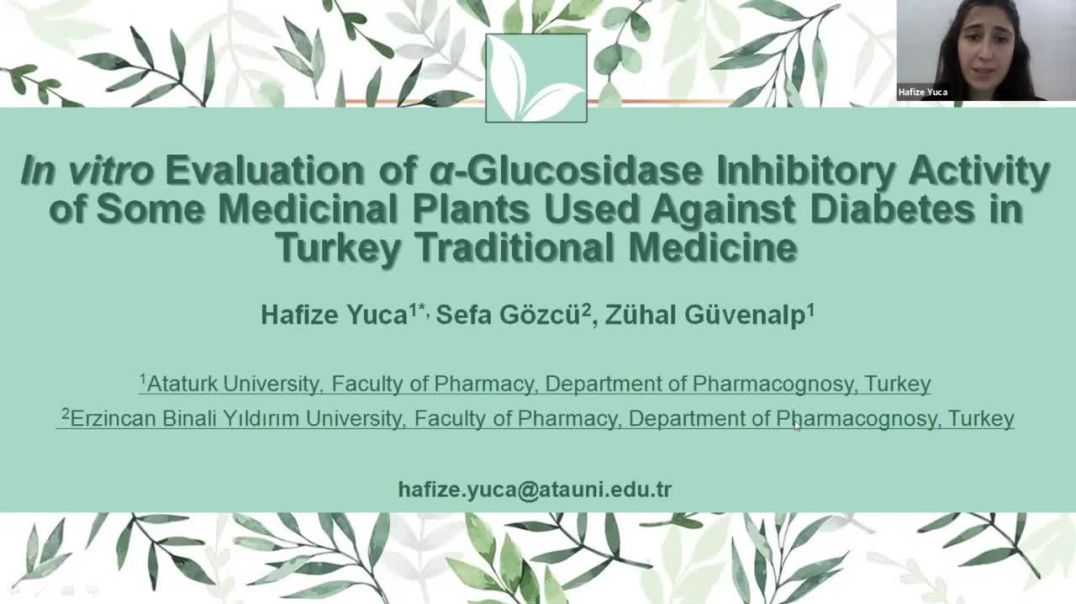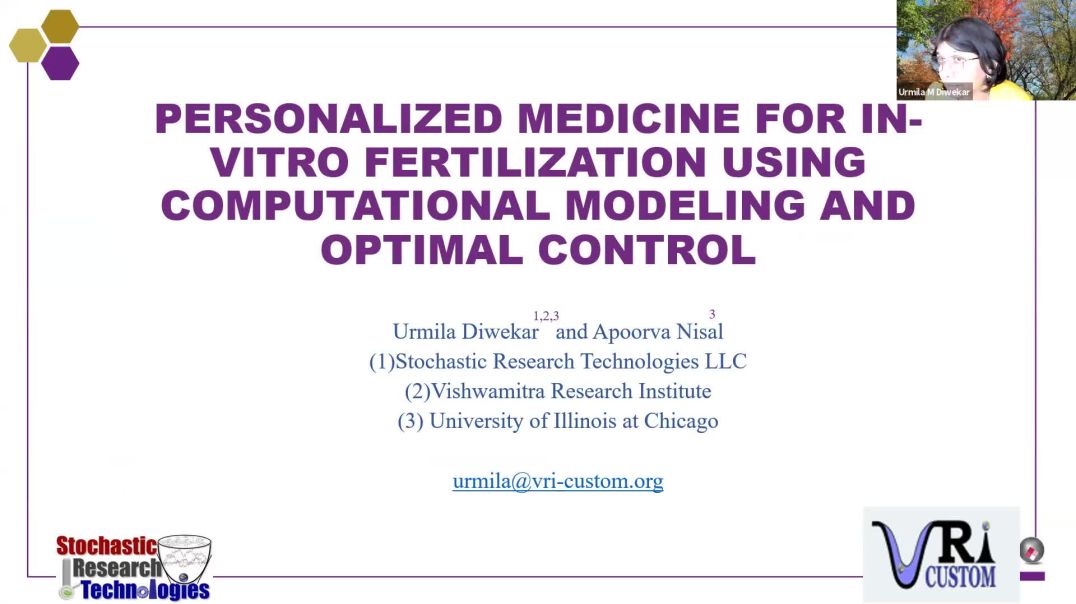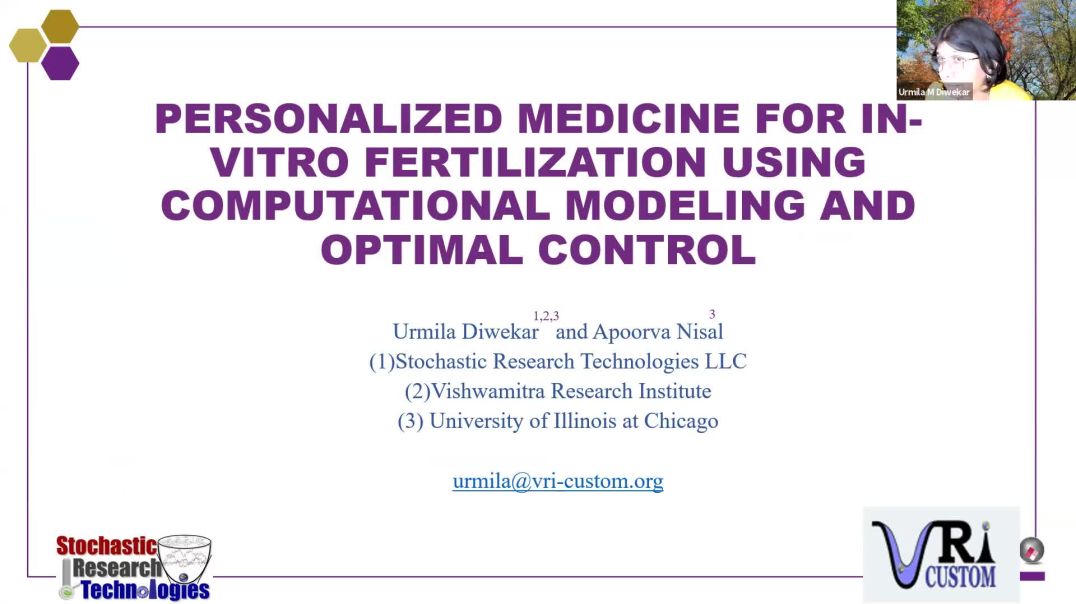In vitro Evaluation of α-Glucosidase Inhibitory Activity of Some Medicinal Plants | Hafize
Summary :
Diabetes mellitus (DM) is an endocrine disease characterized by hyperglycemia. According to WHO, 422 million people worldwide have diabetes and it is one of the leading causes of death in the world. α-Glucosidase and α-amylase can hydrolyze carbohydrates; thus, inhibitors of these enzymes are considered useful drug candidates for type II DM therapy. Long-term use of synthetic enzyme inhibitors, such as acarbose, may cause various side effects, such as flatulence and abdominal problems. Natural α-glucosidase inhibitors have thus been presented as a better alternative to control postprandial hyperglycemia as they exhibit minor or no side effects. The aim of this study is the scientific investigation of antihyperglycemic effect of 70% methanol extracts prepared from 32 plants used traditionally against diabetes in Turkey. The plants were collected from Erzurum and its environs in eastern Anatolia, Turkey. Then, they were dried, powdered, and extracted. The extracts were evaluated for in vitro α-glucosidase inhibitory activity. The inhibitory activity was determined spectrophotometrically by measuring the quantity of p-nitrophenol released from p-nitrophenyl β-D-glucopyranoside at 405 nm. Cotinus coggygria (leaves), Rhus coriaria (fruits), Viburnum opulus (fruits), Viburnum lanata (fruits), Paeonia mascula (aerial parts), Elaeagnus angustifolia (leaves), Elaeagnus rhamnoides (leaves), Paliurus spina-christi (fruits), Pinus sylvestris (cones), Juniperus foetidissima (cones), Juniperus oxycedrus (cones), and Prunus spinosa (fruits) showed the potent inhibitory activity with >90% inhibition at 5 mg/mL when compared with acarbose as a standard drug with 67% inhibition at same concentration. In addition, the compounds responsible for α-glucosidase inhibitory activity were isolated from some of these plants.
About Author :
She graduated from Atatürk University, Faculty of Pharmacy in 2013. She graduated and get PhD from Atatürk University Health Sciences Institute in 2020. She has been working as a Research Assistant at Atatürk University, Faculty of Pharmacy since 2014. While continuing her doctoral education; within the scope of Erasmus+ Program, she conducted studies in her field under the supervision of Prof. Dr. Karel Smejkal (VFU, Brno/Czechia) in 2017; Prof. Dr. Rudolf Bauer (Graz University, Graz/Austria) in 2020. She also works as a researcher and educator at Atatürk University Medicinal and Aromatic Plant and Drug Research Center. Her research areas are as follows: Phytochemistry, Biological activities (in vitro alpha-amylase and alpha-glucosidase activities, antioxidant activities), Analytical pharmacognosy.




